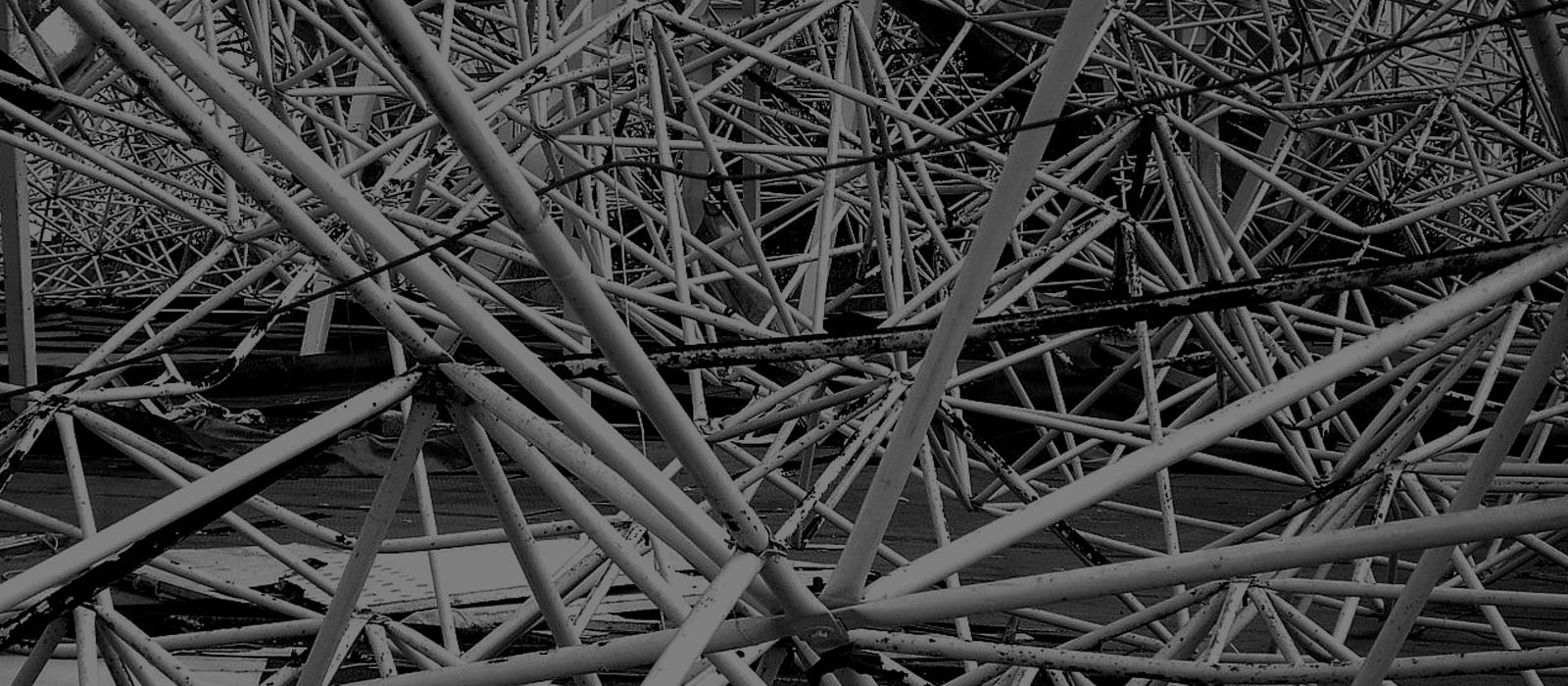Sometimes you just get stuck. You’re facing a goal or project that you have to or want to finish and you’re bludgeoning your head against the wall trying to do so. It’s straight up painful to keep going. At this point you have two choices to pick from.

Photo credit: Jim Dyer
Your first choice is to double down. It’s supposed to be difficult. You’re supposed to struggle. How else will you get this thing done? Even though you’re between a rock and a hard place, it doesn’t matter. So you stick with it and dredge your way forward, not enjoying it one bit, and not really making much progress.
On the flipside, your other choice is to fold ’em. At least temporarily. Step away from that project that you’re completely stuck on and do something else. Something that you’ll actually enjoy. It doesn’t have to be difficult. It doesn’t have to be your calling. And it doesn’t have to be for an extended amount of time. As long as it’s different and you’re having fun, it’s worth it.
The latter sounds a bit crazy doesn’t it? Why would you work on something completely unrelated, just for fun, when you have this massive project that needs to be completed? Spending time on anything else seems like a waste. Except it isn’t.
__________
T
he second choice, of doing something unrelated, is what Albert Einstein defined as combinatory play. Combinatory play is the “act of opening up one mental channel by dabbling in another”. In other words, it is taking two unrelated things and putting them together to generate new ideas.
These combinations in play include everything from studying new subjects to playing instruments to engaging in physical activity and so on.
In the case of Einstein, he would use his violin breaks as his form of combinatoy play. Often when he was stuck, he would set aside his work and play the violin for a few hours. During that break he would suddenly get an idea that would get him moving on the problem at hand. Just like that.
Combinatory play seems to be the essential feature in productive thought.Albert Einstein
So why does this work? There are a few reasons.
1. Lower the Stakes
More often than not, our work comes with pressure, expectations, and a desire for success. All of that can make the work a lot more stressful. By utilizing combinatory play, you can relieve some of that stress.
Doing something that is fun and void of risk, changes the entire dynamic. You are able to rediscover your creativity and clarity of thinking and just make. It is that transition of letting your guard down that has a real benefit.
2. Combine Ideas
These seemingly unrelated activities or endeavors will combine in ways you weren’t expecting. This is the essence of combinatory play. You end up connecting the dots between disparate ideas and stumble upon solutions that were otherwise hidden.
The great part of it all? You don’t need to force the connections. At a subconscious level your mind is still thinking about your initial problem and suddenly you’ll have the legendary AHA! moment that will make sense of it all.
Ideas cause ideas and help evolve new ideas. They interact with each other and with other mental forces in the same brain, in neighboring brains, and thanks to global communication, in far distant, foreign brains.Roger Sperry
3. Change Perspectives
Sometimes you’re just too close to the problem to see the solution. You’re walking among the trees instead of seeing the bigger picture. Changing your perspective can make all the difference. This is again accomplished by the act of combinatory play.
As you focus on a new task, subject, or skill, you get a break from what you were doing. This respite gives you a new perspective and affords you a fresh take on the problem at hand.
__________
So the next time you’re stuck on something, give combinatory play a try. Simply pick a hobby or activity that you enjoy and do it just for fun. Set a simple goal and have at it for a few hours.
Don’t think about the lingering problem that you’ve left behind, just focus on what you’re doing in the moment. Have fun, be creative, and enjoy yourself for a few hours.
It may just change everything.
Image via flickr


Pingback: Why Einstein Used Combinatory Play & How Yo...